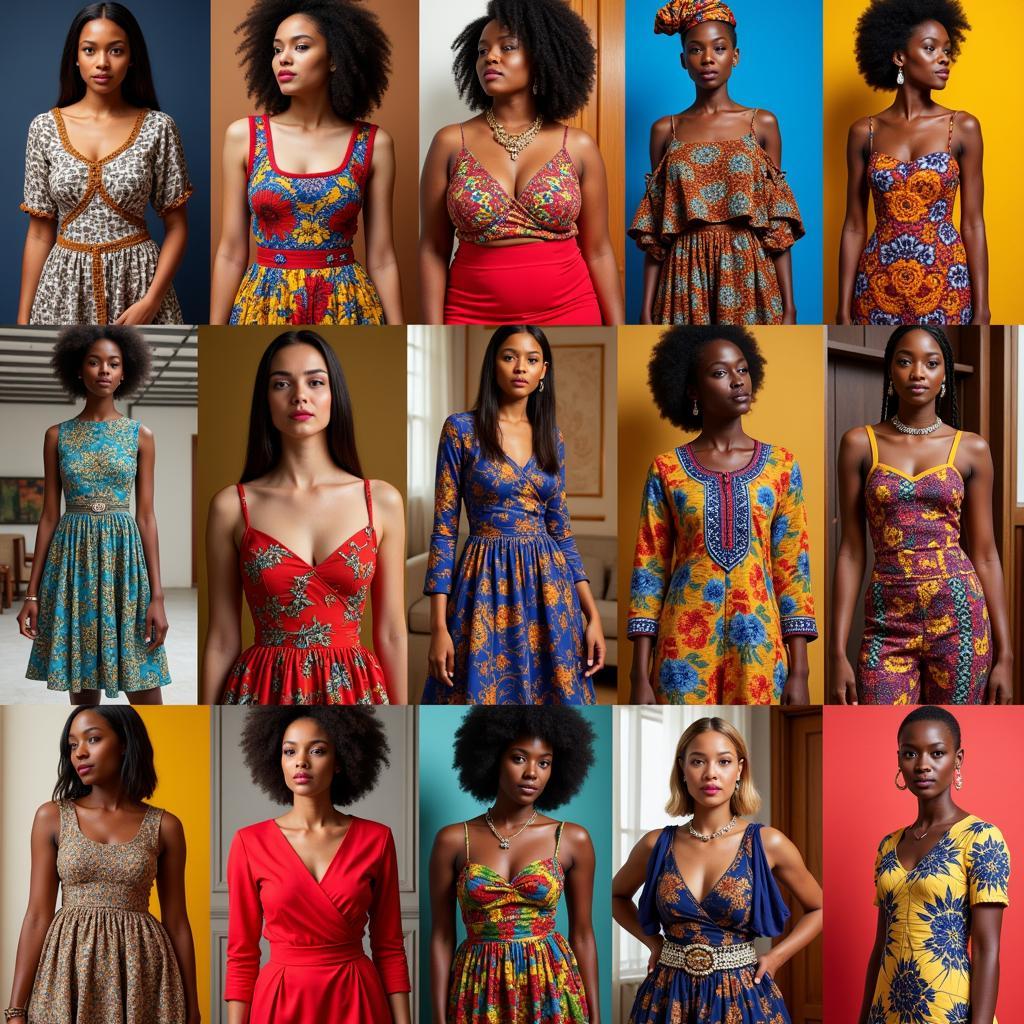Unmasking African American Sexism: A Deeper Dive
African American Sexism is a complex and often overlooked issue, deeply rooted in historical injustices and intersecting with racism, classism, and other forms of discrimination. It manifests in various ways, impacting Black women’s lives across personal, professional, and societal spheres. This article explores the historical context, contemporary manifestations, and ongoing fight against sexism within the African American community.
The Historical Roots of African American Sexism
The seeds of sexism against Black women were sown during slavery. Black women endured brutal sexual exploitation and physical violence at the hands of slave owners, while simultaneously being denied the basic rights and protections afforded to white women. This dehumanization created a distorted image of Black womanhood that persisted long after emancipation. During the Jim Crow era, Black women continued to face systemic discrimination in employment, education, and healthcare, often being relegated to low-paying domestic work and facing sexual harassment with little legal recourse. african american woman suffrage The fight for suffrage, while a crucial step towards equality, also highlighted the sexism within the movement itself, as Black women were often marginalized and excluded by white suffragettes.
Contemporary Manifestations of African American Sexism
Sexism within the African American community continues to manifest in various subtle and overt forms. Stereotypes of the “angry Black woman” and the “strong Black woman” often silence Black women’s voices and invalidate their emotions. Colorism, the preference for lighter skin tones, further marginalizes darker-skinned Black women and perpetuates harmful beauty standards. african american sexism writers Numerous writers have explored the complexities of these issues, shedding light on the internalized sexism and the pressure to conform to unrealistic expectations.
How Does Sexism Impact Black Women’s Lives?
African American sexism impacts Black women’s lives across multiple domains. In the workplace, they often face discrimination in hiring, promotion, and pay, and are frequently subjected to microaggressions and harassment. Within families and relationships, traditional gender roles can reinforce patriarchal structures, limiting women’s autonomy and agency. african american women who made history Despite these challenges, countless Black women have made significant contributions to society, breaking barriers and challenging the status quo.
Combating African American Sexism
What are some ways to combat this issue?
Addressing African American sexism requires a multi-pronged approach. Open and honest conversations within the community are crucial to acknowledging the problem and challenging harmful stereotypes. Education and awareness campaigns can help to dismantle internalized sexism and promote healthy relationships. Supporting Black women-led organizations and initiatives that empower women and girls is essential. african american suffrage The ongoing struggle for equality reminds us of the importance of intersectionality and the need to address all forms of discrimination.
“Recognizing the intersectionality of race and gender is critical to understanding the unique challenges faced by Black women,” says Dr. Anika Johnson, a sociologist specializing in race and gender studies.
“We must create spaces where Black women’s voices are heard and valued,” adds Dr. Johnson.
Conclusion
African American sexism is a deeply ingrained issue that demands attention and action. By understanding its historical roots, recognizing its contemporary manifestations, and working together to dismantle harmful stereotypes and practices, we can create a more just and equitable future for all Black women. african american women i Continuing the dialogue and amplifying Black women’s voices are essential steps in combating African American sexism and promoting true equality.
FAQ
- What is African American sexism?
- How does sexism intersect with racism in the Black community?
- What are some examples of stereotypes that perpetuate sexism against Black women?
- How can men be allies in the fight against African American sexism?
- What resources are available for Black women experiencing sexism?
When you need assistance, please contact Phone Number: +255768904061, Email: [email protected] Or visit us at: Mbarali DC Mawindi, Kangaga, Tanzania. We have a 24/7 customer care team.


